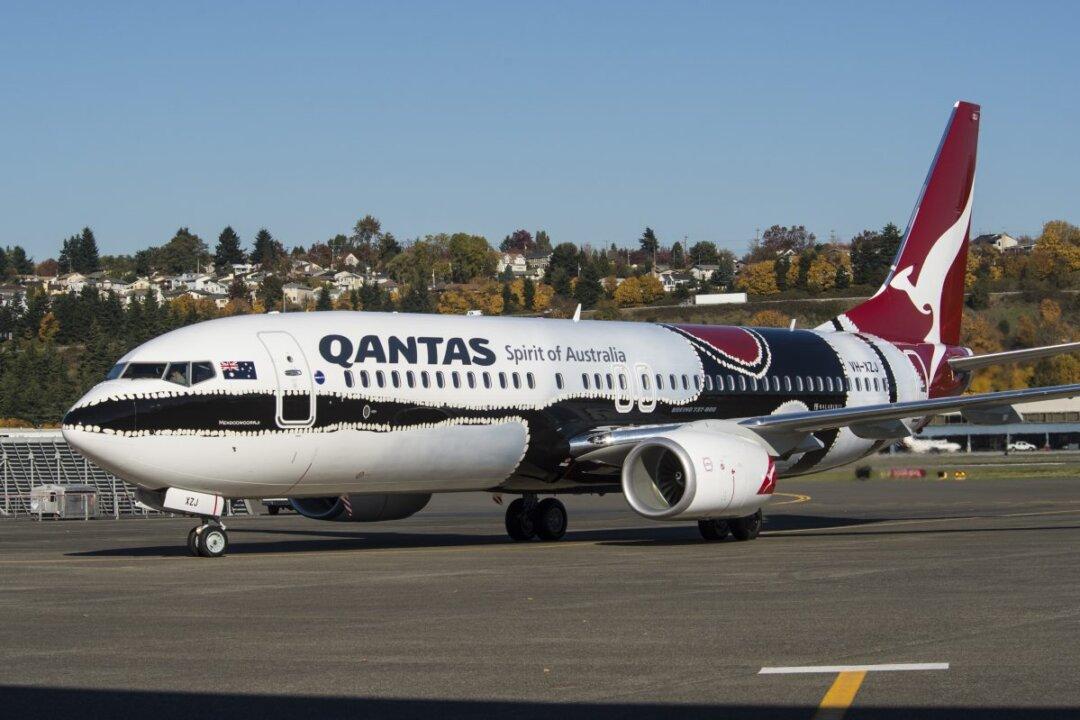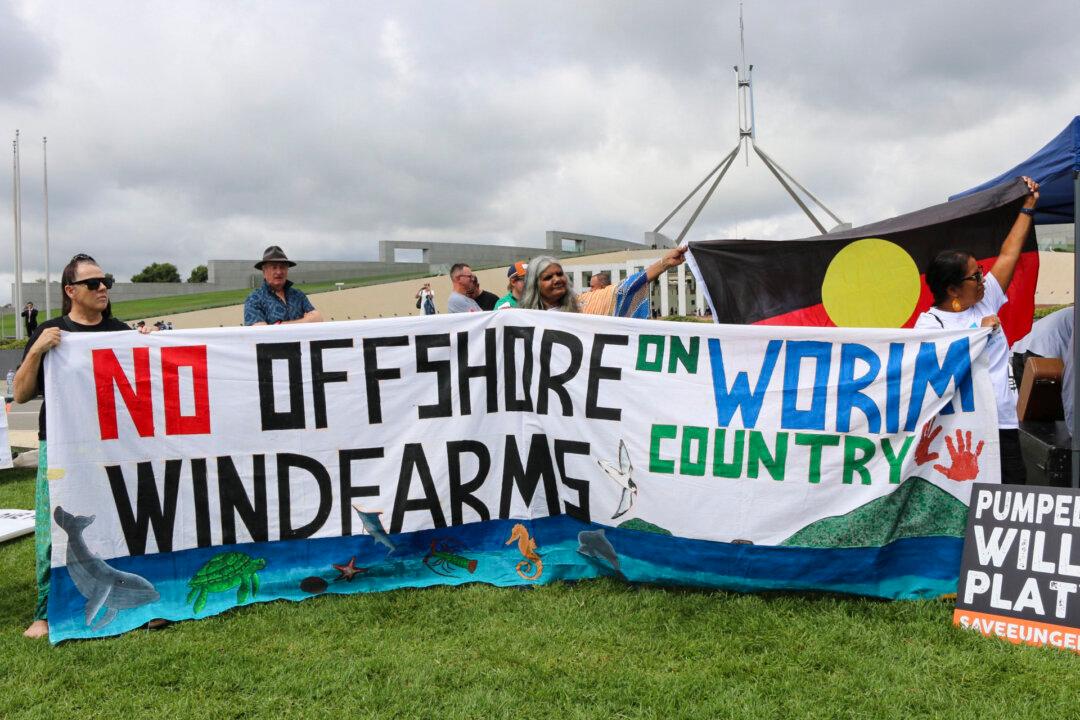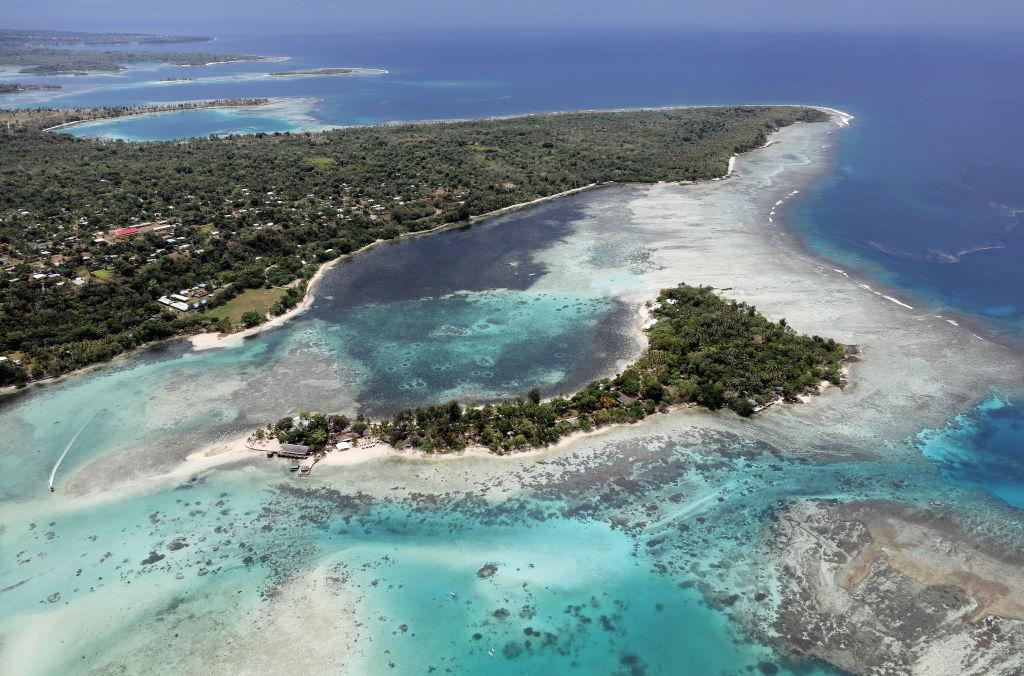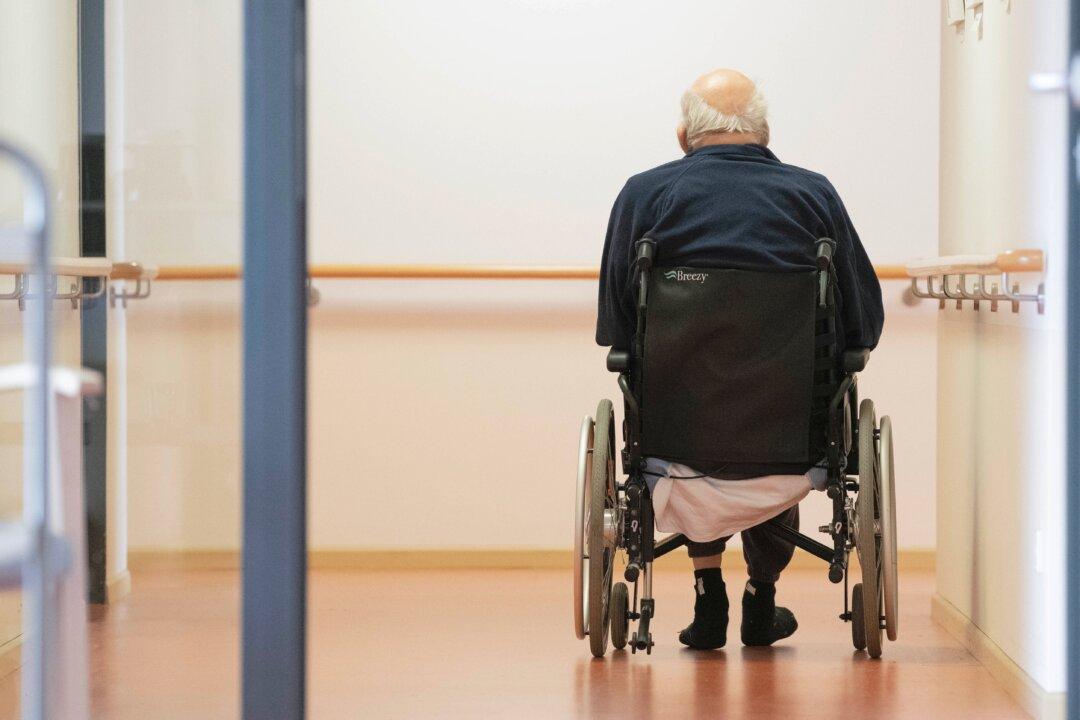Airline giant Qantas will now fly with the Australian “Yes” campaign in support of altering the country’s Constitution.
Three aircraft will be emblazoned with the “Yes23” campaign logo—a significant coup for the Indigenous Voice to Parliament proposal.




